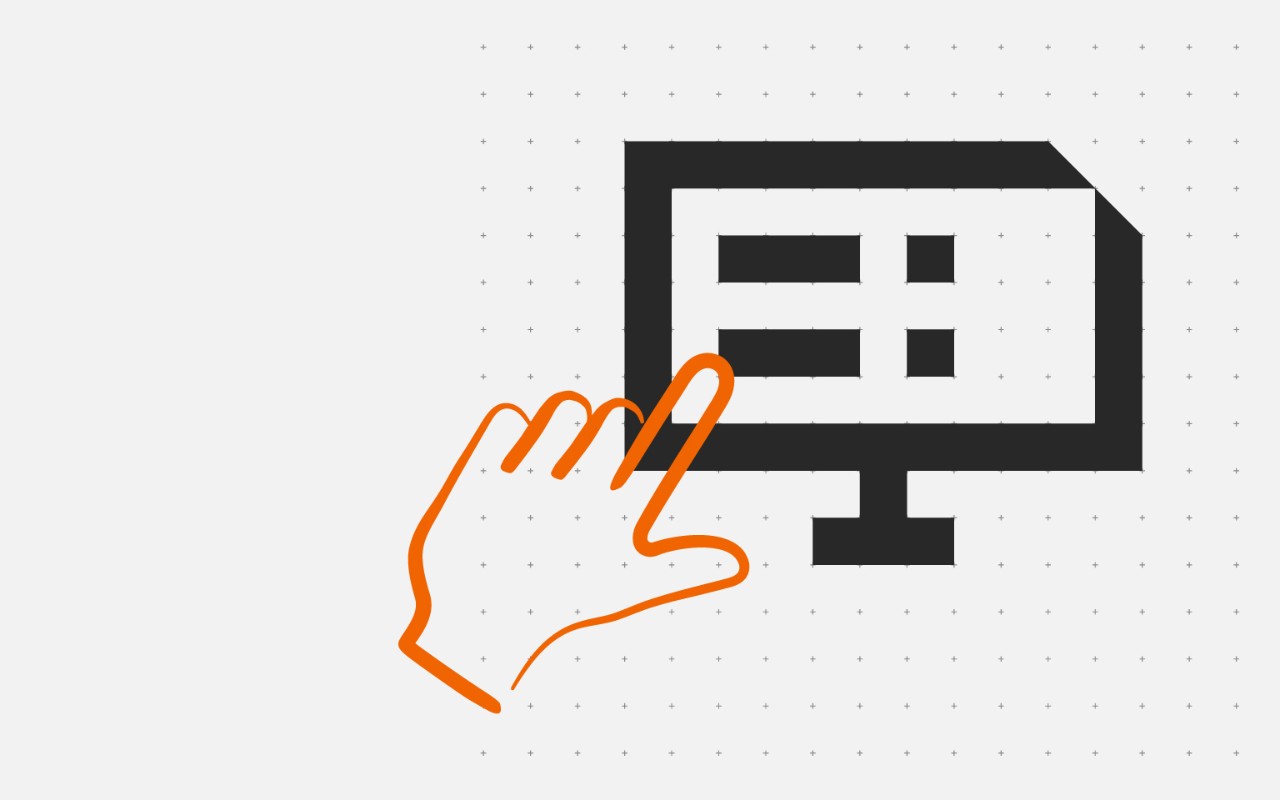With various options out there, it can be difficult to know how to choose the best enterprise content management (ECM) software for your business. Some important considerations to keep in mind are features and functionality, costs, security and compliance, and scalability. On top of these key factors, it is also important to think about the vendor’s reputation and support channels, as you will be going into business with them and must therefore be able to rely on them. To identify the best ECM solution for your organization, you will need to assess your company’s needs and potential future needs as the business expands.
What is enterprise content management?
ECM solutions offer companies a comprehensive and centralized option for storing digitized content. From documents and data sheets to videos, photos, and all kinds of other important business content, ECM systems organize, index, and securely manage all digital files, providing easy access to information while protecting it from unauthorized personnel. Remote employees can access the files they need from any location or on the go, provided they have access permission, and colleagues can work on the same files at the same time.
ECM boosts productivity, improves security, and reduces reliance on paper. Moreover, it provides a more efficient alternative to using multiple storage platforms, such as cloud storage, local computer storage, and email chains, for important business documents. Keep all your content in one place and streamline processes with smart technology for your modern, digitized office.
ECM boosts productivity, improves security, and reduces reliance on paper.”
Top tips for assessing an ECM solution
Choosing the best ECM system starts with five vital considerations, and it is important to cover each one to form a well-rounded opinion and make the best choice for your company:
1. Features and functionality
Evaluate the features and functionality of the ECM software. Look for useful capabilities such as keyword searching, version control, and indexing. Moreover, integration with existing software and workflows is essential for seamless operations, while mobile access and cloud connectivity allow employees to take workflows on the go and work anywhere. Additionally, a user-friendly interface ensures employees can adapt to the ECM quickly, without much resistance, improving efficiency and reducing document-related bottlenecks.
2. Initial and ongoing costs
ECM solutions vary in price based on deployment type, storage needs, and features. Cloud-based solutions usually have subscription fees, and companies can scale their subscription based on their needs, while on-premises systems require higher upfront investments in infrastructure and maintenance. You should factor in licensing, implementation, training, and ongoing support costs, as well as the initial investment.
Kyocera’s own ECM solution, Kyocera Cloud Information Manager (KCIM), is a scalable cloud-based document management system that grows with your company, so you pay for what you use.
3. Security and compliance
Data security features are another crucial element when selecting an ECM. Look for encryption, access controls, and multi-factor authentication to protect sensitive documents. Compliance with industry regulations—such as HIPAA or ISO 27001—is essential for businesses handling confidential information, so employing a solution that ensures compliance is the smart thing to do.
Cloud-based ECM solutions should offer robust security and data backups to prevent loss. A strong security framework not only protects against cyberthreats but also builds customer trust and prevents disasters that can cost your organization time, money, and its reputation.
4. Scalability
Successful businesses grow, so it’s wise to choose a solution that grows with you without unrealistic price hikes. Different kinds of ECM offer different levels of scalability. While cloud-based solutions are not limited by physical storage space, on-site servers have limits that can hinder growth. Consider your current business needs but also where you expect to be in the next few years and ensure you are not implementing a solution that will eventually slow you down or get in the way of expansion.
5. The vendor’s reputation and support channels
Last but not least, consider the supplier. A reliable ECM provider should have a strong reputation and proven industry expertise, offering strong lines of communication to foster trust and ensure a smooth ECM experience.
Kyocera is here to facilitate your digital transformation with ECM. We offer long-term support and guide you in the implementation and training process so you can transition smoothly to this new digitized and organized cloud-based document management system. At Kyocera, we don’t stop after offering you a smart solution; we aim to build a meaningful business relationship that lasts for years!
Choose the best enterprise content management software with Kyocera
To choose the best enterprise content management software for your business, it’s important to consider several factors: the ECM’s features, initial and ongoing costs, security and compliance, scalability, and the supplier’s reputation.
Cloud-based document management with KCIM is an excellent choice for small and medium-sized companies. KCIM grows with your organization and makes content management simple. With Kyocera’s comprehensive cloud-based document management system, you can achieve more efficient, streamlined, and secure workflows that are optimized for hybrid workers. Get in touch with a Kyocera expert today to discuss your business’ needs and how our document solutions can help.
